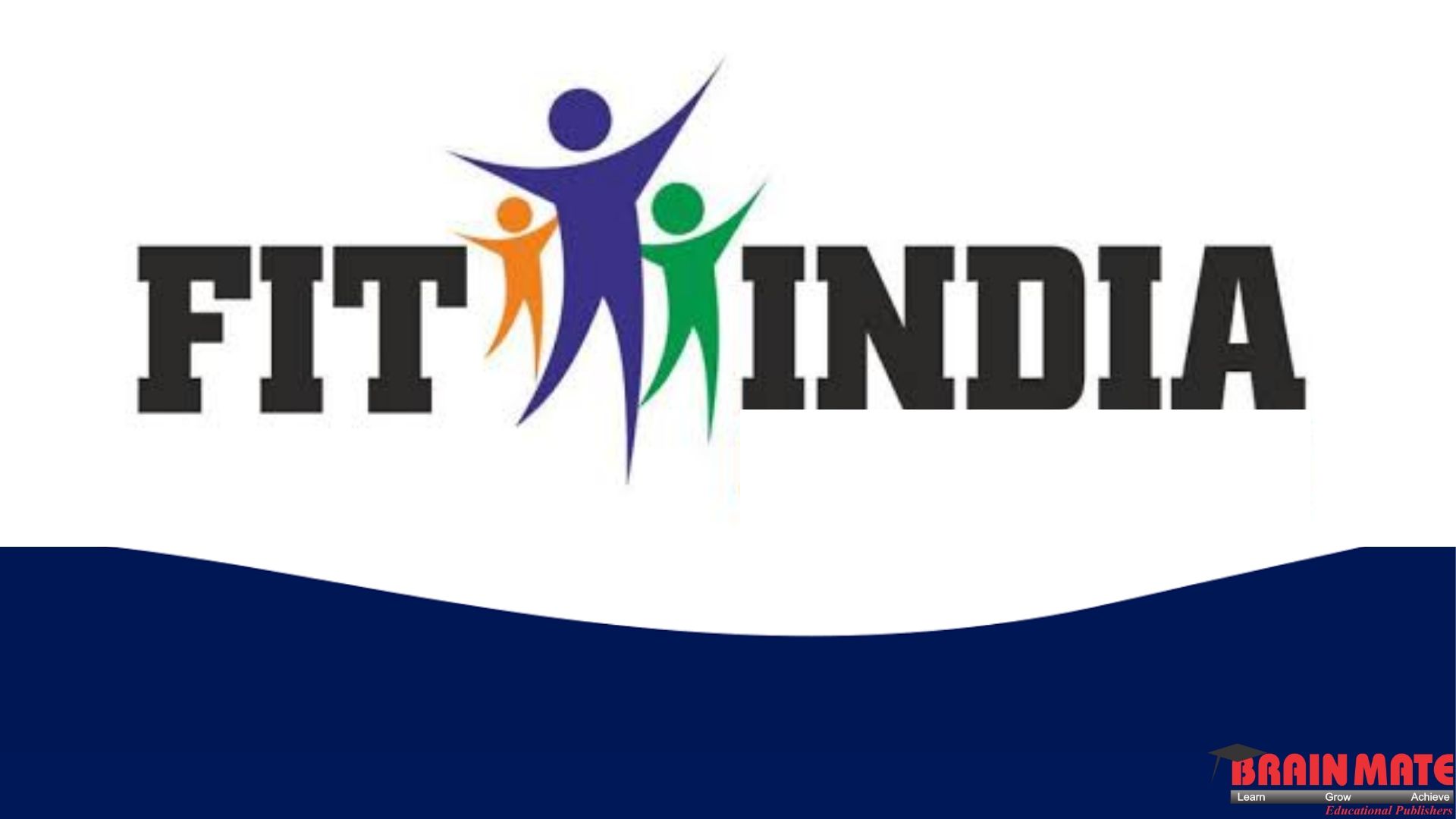
Emphasizing on the importance of physical fitness "Fit India Movement" was launched by honourable Prime Minister of India on 29th Aug. 2019, with the aim to encourage people to adopt physical activities &sports in their day to day life. With this sole mission, ministry of youth affairs & sports has launched "Fit India School Week" & "Fit India School Rating" to make fitness an essential part of school education.
The ministry has prepared a system of Fit India School Rating with simple and easy parameters for ranking of the school. The level of FIT India school rating will depend on how much importance the school gives for developing fitness among its students & teachers in addition to the facilities available for fitness activities.
Parameters set for FIT INDIA SCHOOL -
(A) Parameters for Fit India 3 Star Rating -
(B)Parameters for Fit India 5 Star Rating -
Procedure For Schools to get FIT INDIA STAR RATING -

The lockdown has been a testing period for the
students and parents. With the exams being postponed what it has done is it has
offered a lot of extra time. These extra hours can be a gift for students if
they use it for their benefit by working towards their goal with absolute dedication.
Due to the closure of colleges and schools, and
with no direct access to teachers studies have been difficult. Social distancing
has restricted the student’s favorite group studies. Online teaching platforms
such as Microsoft Teams, Zoom have narrowed the gap but still, a lot is to be
covered. Academic textbooks or let’s say the printed books which use to be the
mainstay of studies before the pandemic are still of great help and should not
be overlooked since there is no examination pressure. Textbooks are a savior
in these testing times and by choosing to learn from them students can make the
most of their time.
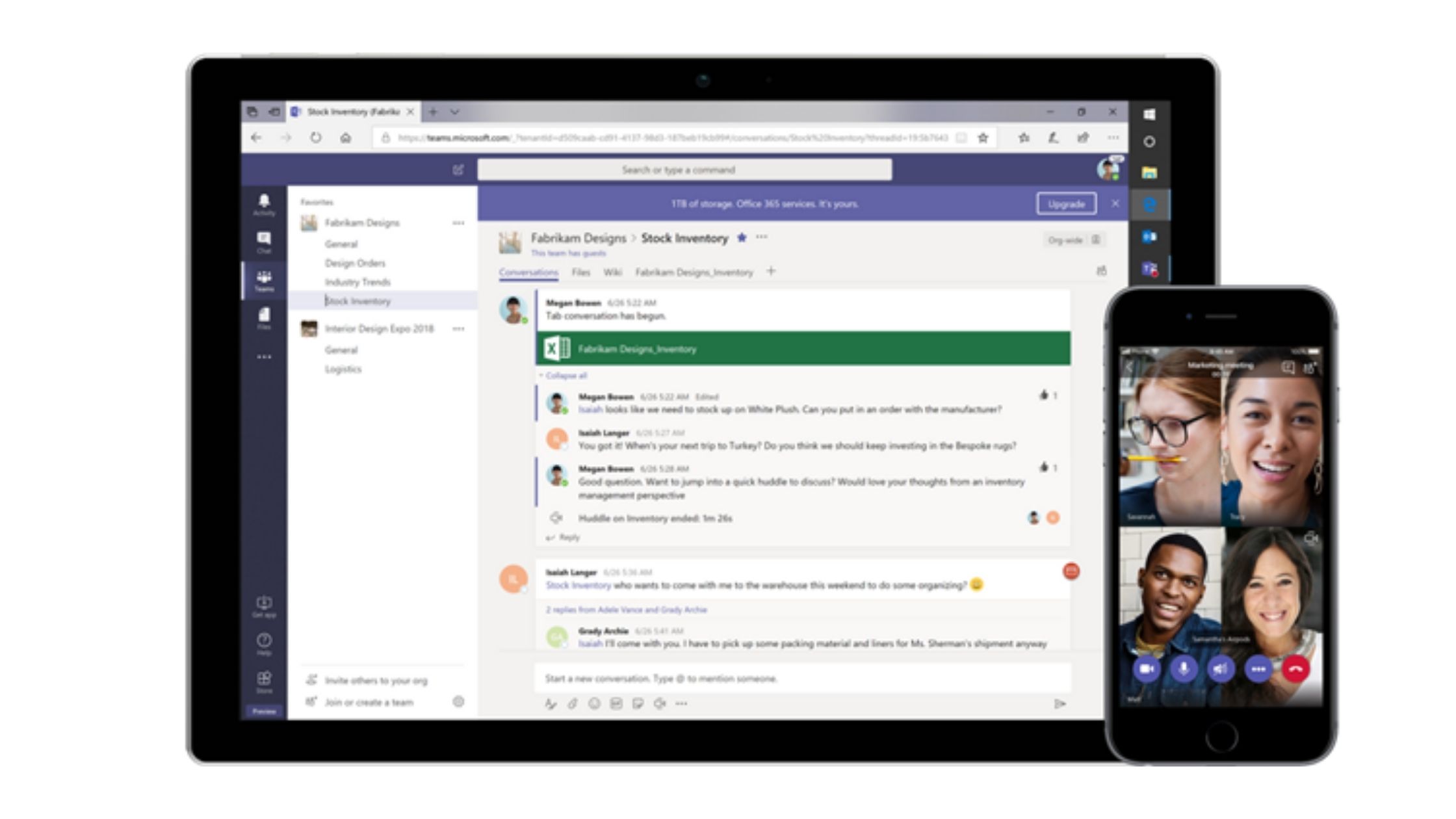
In the lockdown majority of students and parents
are opting for digital education. Digital learning is good and has its own
advantages but it has still not reached the stage whereby it can completely
replace the classroom studies, even in the most developed countries. Just like
the studies are incomplete without a teacher explaining the concept in a
classroom, likewise, studies are incomplete without referring a good book. Books
are crucial for student’s overall development. A textbook develops a learning
curve of the students and opens a world of knowledge.
The majority of parents are not purchasing school
curriculum due to the closure of schools. It is a crucial time for the
student's as it will be affecting their future too. The textbooks and activity
books affect the child’s learning cycle and development of various skills like,
Perspective of Teachers
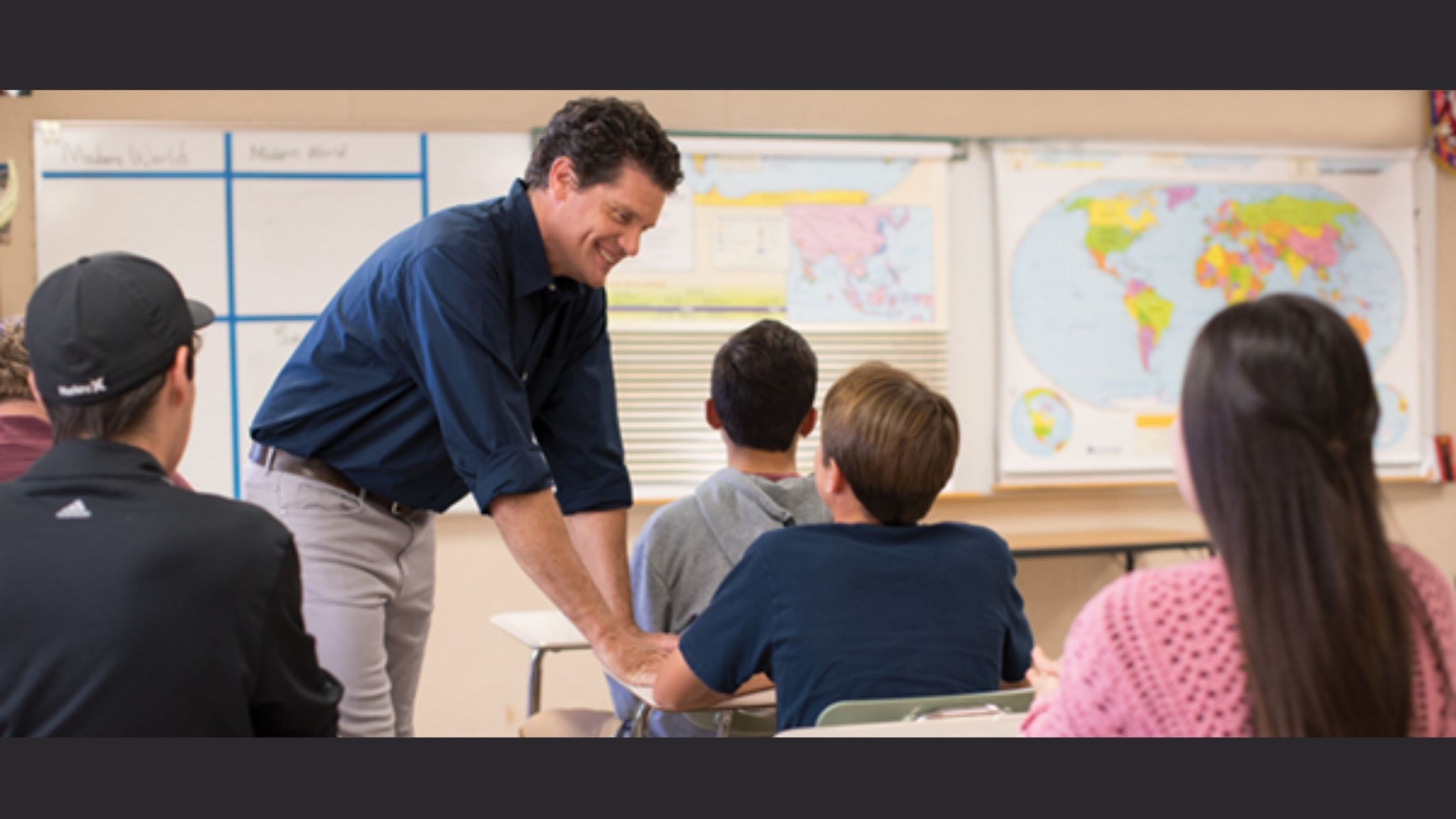
Books are regarded as the best friends of
students in a real sense, and it is said that they are the best companions of
students on their path of learning. They give plenty of joy and take them into
a unique world of imagination and improve their thinking and imaging abilities.
Dr. Ritu Dewan, Principal of a renowned CBSE school in Meerut, once quoted "Books help to inspire students to do hard work with courage and hope. Books enrich the experience of students and sharpen their intellect.”
According
to Mr. Vinamra Sharma, Principal and Mathematics faculty
in Leading school in Meerut, “The COVID-19 is the make or break time for
students. Parents must provide their children with the school book curriculum
so that they can devote their time to studies. It is the best time for them to
improve their weak areas and develop a better understanding of topics.”
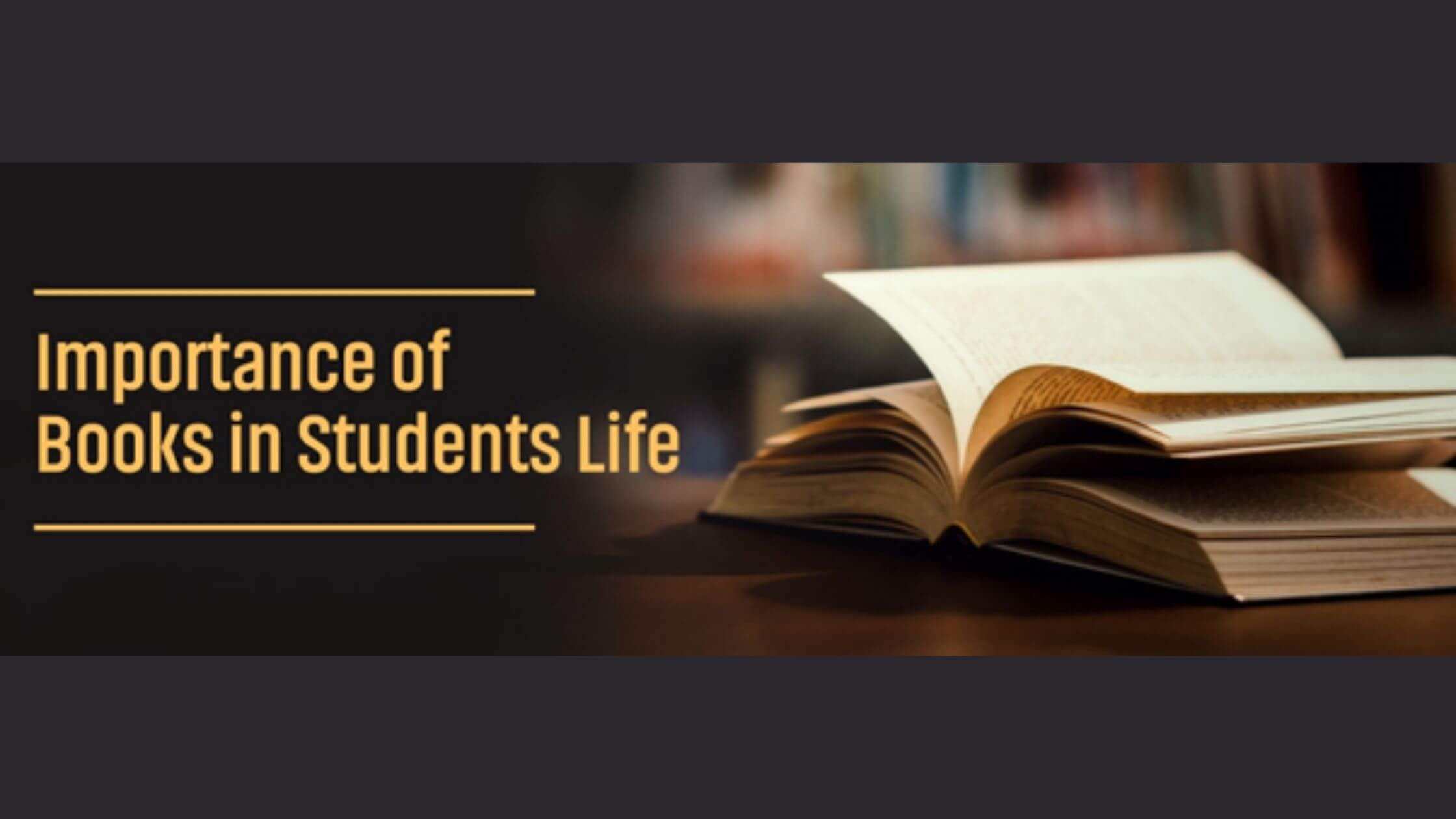
“If you want your children to be intelligent, read
them books. If you want them to be more intelligent, read them more books.”
–Albert Einstein.
Even then, Albert Einstein knew the value of books.
It is a crucial part of every child’s education. Reading books is essential for
children to become successful in school and their journey of life. Most of a
child’s learning is done from reading books and listening to teachers and
parents. The more a child reads, the more he gets to learn, and the more he gets to
learn, the more interested he becomes in the subject. This eventually shapes the minds who work
together to create a better future.
Renowned and best-selling
author, Neil Gaiman, used a fascinating metaphor, “Reading books are the way we communicate
with the dead. The way that we learn lessons from those who are no longer with
us, that humanity has built on itself, progressed, made knowledge incremental
rather than something that has to be relearned, over and over. Some theories
are older than most countries, tales that have long outlasted the cultures, and
the buildings in which they were first told.”
Apart from being a storehouse of immense wisdom and
knowledge books play other significant roles as well in the lives of students.
1. Books Increase IQ
Textbooks increase the knowledge of students and
improve their intellect. They reveal the different concepts and introduce the
numerous shades of various cultures, societies, and civilizations across the
globe. By reading books they can explore the past, present, and future and
develop clarity and creativity in their mind.
2. Books
Improve the Retention Power and Memory
Many students only listen to the teacher or parents
and forget what they have learned, but reading books help improve their memory.
When students read academic books, they create an image of the topic and they
are able to memorize what they have read. So if students read regularly their
visual memory increases and help them to quickly remember things for a longer period.
3. Books Relieve Stress
Apart from yoga and meditation reading books is an
adequate cure for students to relieve stress. When they read books they release
stress, as books take them to the world of imagination and motivate them to
transform their lives and bring in more positive energy.
4. Develops
and Expand Language skills
Children grow their critical language and
enunciation skills when they start reading books on their own, they read more
words and attain more exposure to content. This moreover enhances their
vocabulary and makes them well-spoken and fluent. When students read different
books on various subjects, they learn more new words and it helps them to
modify their vocabulary and also increase awareness on numerous topics.
5. Increased
Focus and Concentration
When students alleviate their stress by reading
books, then it simply helps them to concentrate on their life. This encourages
them to improve their academic performance and learn more in very less time,
also the chances of getting top grades to increase.
6. Boosts
Critical Thinking Skills
Books also develop and enhance comprehension and
analytical thinking skills. You predict what’s going to happen at the end of
the story and it confronts your brain to imagine other possibilities. The more
exercise for the brain, the better is the overall development.
7. Develop
Analytical Skills
Books enhance the student’s ability to analyze and
find a solution to the difficulties. They establish an understanding and direct
behavior of students in complex situations. A wisely read academic increase
efficacy boosts confidence and makes students more compassionate towards their
goals.
8. Develops
Emotional Quotient
Reading is also a great way to get in touch with
our emotions and sentiments. When we read a story, we develop empathy for the
characters. The more we understand about these feelings, the better we can
relate to other people and empathize with them.
9. Better
performance in school
According to various researches, it is evident that
children who read more tend to perform better at various levels of examinations.
A large number of studies have shown that students who are exposed to reading are
more likely to perform well in all facets of education.
10. Source
of Entertainment
A child will always be a child. They want fun and
joy in everything they do. Reading is fun, as readers develop their interest
and immerse in the story, they find themselves laughing at every funny anecdote
and excited as the story unfolds.
While studies are important to shape a good
future, books are important for comprehensive studies. Howsoever difficult the
situation may be but as a parent, you can never fiddle with your child’s future.
School books are as essential as any other thing required to have good
health. Go out and buy your children the books, spend time with them, develop
their understanding and make children better equipped, more confident, and more
enlightened then what they previously were.
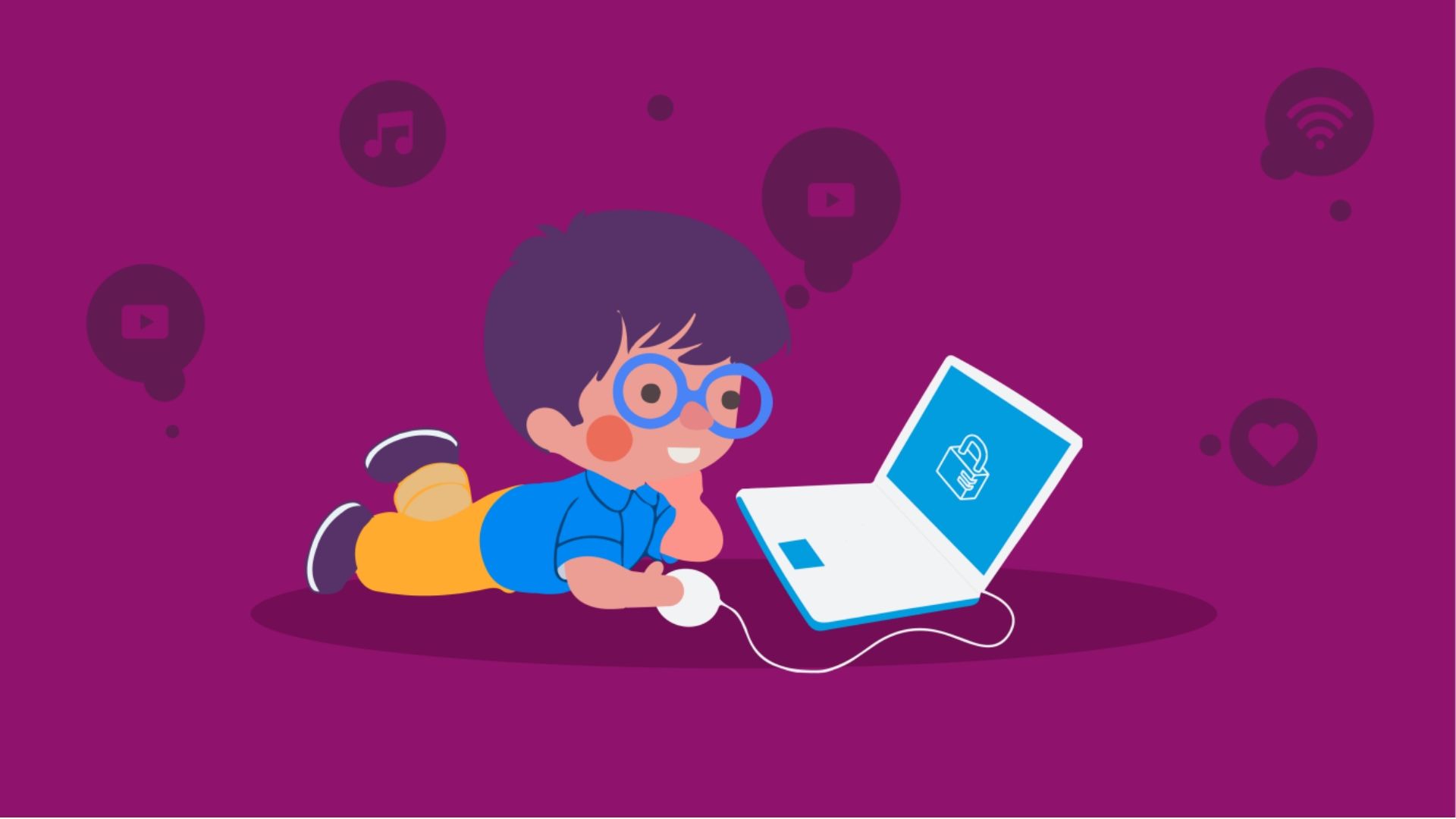
Technology and internet advancements are transforming the world in ways that couldn't have been imagined. The emergence of digital innovations is providing new opportunities to connect, learn, and influence every aspect of human life. Children and the young generation have shown a greater ability to adapt and adopt digital devices and innovations
These days, people use devices and apps for a variety of functions, like self-expression, communication, networking, research, entertainment, and much more. The internet has enabled children to become active social agents and to mobilize for social, ecological, and other causes. They are increasingly able to project their voices with unprecedented reach.
The digital skills and knowledge are not evenly spread amongst all young people. The lack of research on this subject has prevented an in-depth analysis of who is most likely to lag in the opportunities offered by technological advances.
The exploration of new vistas and acquisition of rich experiences online requires a strong element of caution. After all, every light has its shadow. The technologies can be misused or overused in ways that are detrimental to the users and even non-users.
The concept of digital citizenship has emerged as a useful framework of various facets that need to be developed and strengthened. Nine key elements have been identified as detrimental to digital citizenship,

The telecom market is very competitive and rising each day with various mobile companies trying to offer the best and cheapest plans which have led to the world's cheapest mobile data packs being offered in India. A study conducted across 230 nations found that Indians pay an average of Rs.18 for a GB of data compared to the global average of Rs.600.
Internet usage in India had exceeded half a billion people by December 2018 and with the COVID -19 crisis it has increased manifolds. The usage is equal for both rural and urban India with mobile phones being the primary source to access the internet. These innovations have made lives easier than ever, but at the same time a rising number of cases of misuse, bank frauds, and exploitation have left users at the brink of higher risks than before.
Over the past few years, digital access has become easier with devices becoming cheaper and more widely available. Some attributes that define the people who are more likely to have digital access include people who have ;
Accessibility of the internet to gain information is uniform in both urban and rural areas. However, socio-cultural barriers have restricted access to some important groups in society to digital technologies. This is often due to a biased perception of women and girls not needing internet or for their safety they are restricted. Equal opportunities for all ages and gender needs to be established.
In this era of digitization, Digital Literacy is one of the essential skills. Digital literacy is the ability to use digital technology safely while staying within the bounds of social responsibility and etiquette. It allows children and young generation, to learn how to minimize risks and maximize benefits that come with digital technologies.
For example, many students enjoy playing online games, browsing social platforms, and various other websites. However, they need to understand the potential risks associated with these activities and accordingly take the necessary precautions. To become a digitally literate individual, it is important to understand the different components within digital literacy.


Digital communication is the ability to read, understand and interpret digital processes to connect and interact with others. It can help build social relations in cyberspace. Students and children can stay in touch with friends, teachers or talk to new people.
Everyone needs to be conscious of the differences between real and virtual life and use technology in a way that it does not become a substitute for real-life communication but remains a smart additional channel which is not allowed to compromise basic good interpersonal communication skills essential for success in all aspects of our life.
At present, communication through instant messaging, texting, and posting comments online is common. It does not allow enough time to reflect, react and respond based on an informed understanding of conversations that are getting rude or mean. It is extremely important to learn to exit such conversations before they start affecting our mental health.
Opportunities & Risk:
Online activities provide an opportunity for expressing our opinions, testing attitudes, and exploring identity and social relationships. But many of us are tempted to take risks, often under the misperception that we are anonymous online.
The moderate use of the internet and a balance between offline and online lives is crucial for adding value to our life and work while minimizing risks and harm. Being smart online means being aware of the potential threats, opportunities, and risks that might occur without losing sight of the things that are most important in our lives.
Stranger Danger:

As in real life, there are strangers, acquaintances, and friends. How one communicates, how much and what kind of information is shared depends on the equation and level of trust people have in one another. It is important to choose online friends wisely. Do not trust them easily because you don't know who they actually are. There are many cases of people faking identities with not so good intentions.
Recognize Ways That People Online May Seek To Persuade You:

Digital commerce is about the users undertaking legitimate and legal exchanges using the Internet. The new digital economy has improved the choices of goods and services to the consumers. They can choose what they want from a wide array of products offered by an ever-expanding market of online vendors.
Opportunities and Risks:
E-commerce has both risks and an abundance of opportunities. One risk that individuals encounter is e-payment methods. The electronic payment system has grown increasingly over the last decades due to the growing spread of internet-based banking and shopping.
But online payments are susceptible to financial frauds, involving privacy breach, identity theft, and unauthorized access and siphoning of money. Individuals also face a form of fraud called phishing.
What Is Phishing Or Vishing?

A target or targets are contacted by email, telephone or text message by someone posing as a legitimate institution to lure individuals into providing sensitive data such as personally identifiable information, banking, and credit card details, and passwords.
Safety Measures:

Digital etiquette is about being aware of and behaving in an appropriate, responsible, and ethical manner while using digital devices and technology. This includes shaping your digital reputation and being a responsible citizen of the communities in which you participate, from school groups to games, to social networks.
Offline Etiquettes Are Also Online Etiquettes
Sometimes children use digital devices and technology in the wrong context. For example:

Cyberbullying and Cyberstalking:A fine line separates bullying from teasing. Different people have a different threshold of tolerance for being able to take teasing or cyberbullying. Know and understand what cyberbullying is and never engage in that kind of behavior.

Digital health and wellness is the appropriate use of technology like mobile phones, laptops, desktops, and tablets, one should make sure not to overuse these things and reach a point where it hurts and affects health. Excessive and improper use of technology could lead to lifestyle changes that affect everyday life negatively.
Mild use of digital technology is beneficial while excessive use can have a negative impact.

Sharing Problems to Seek Solutions
Talking about the problem can be the first step to solving it. If something upsets you online or you are worried about a friend it can help to talk to someone. There are lots of people who can help you, such as friends, family members, and teachers.

What Are Digital Rights?
Digital rights are human rights in the digital era when the internet is increasingly being regarded as a right rather than a luxury. The rights to online privacy and freedom of expression are extensions of the equal rights laid out in theUnited Nations Universal Declaration of Human Rights.
As said in the Spiderman movie, "With great power comes great responsibility." The responsibilities include knowing and respecting the community standards and guidelines of all social media, video platforms, and online groups being used and staying within the parameters of these guidelines.
Do You Know Your Rights?


What Is Digital Security?
Tools such as anti-virus software, biometrics, and personal devices, e.g., the secure chip in a credit card or an ePassport are digital security devices because they offer freedom to communicate, work, travel, and shop securely using your digital identity. Digital security is an all-encompassing term, which includes the tools to secure technology, assets, and personal identity in the online and mobile world.
Security of Devices:
Viruses on digital devices are malicious program codes that can corrupt the system and destroy the data within the computer.
Preventing and Countering Threats and Risks:

What You Can Do With Continued Harassment:
What Is Digital Law?

Digital law can be defined as the legal rights and restrictions governing technology use. Most users are unaware of the possible consequences of their online activities thereby need to be made aware of the rules and legal implications of using the internet.
The Following Are Some Actions That Are Unethical Or Illegal:
Illegal Activities Using Digital Technologies:

Plagiarism is an act of using or closely rewording the language and thoughts of another author without seeking their permission or representing another person's work as yours without giving credit to the author.
Stealing other people's work in the form of words, ideas, images, or data with permission is both illegal and unethical. When using online resources for school projects, assignments, essays, give credit or acknowledge the author(s) of the resource.
As a children book publisher we at BRAINMATE consider it as our responsibility to make children aware of the potent threats they face on the internet. With more and more children of all age groups being forced to take up online education it is of utmost importance to safeguard these young minds against all possible dangers and diversions they might come across. Through this article on cybersecurity, we have tried to list all the possible risks the internet pose and the security measures which should be taken to counter those risks

Emphasizing on the importance of physical fitness "Fit India Movement" was launched by honourable Prime Minister of India on 29th Aug. 2019, with the aim to encourage people to adopt physical activities &sports in their day to day life. With this sole mission, ministry of youth affairs & sports has launched "Fit India School Week" & "Fit India School Rating" to make fitness an essential part of school education.
The ministry has prepared a system of Fit India School Rating with simple and easy parameters for ranking of the school. The level of FIT India school rating will depend on how much importance the school gives for developing fitness among its students & teachers in addition to the facilities available for fitness activities.
Parameters set for FIT INDIA SCHOOL -
(A) Parameters for Fit India 3 Star Rating -
(B)Parameters for Fit India 5 Star Rating -
Procedure For Schools to get FIT INDIA STAR RATING -